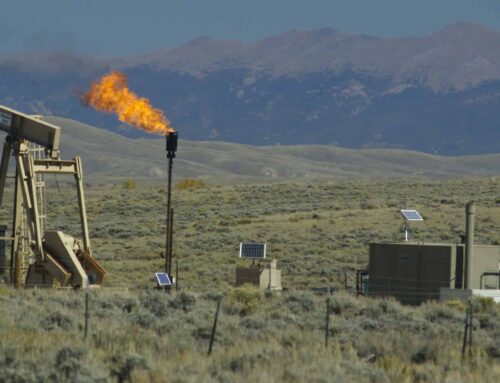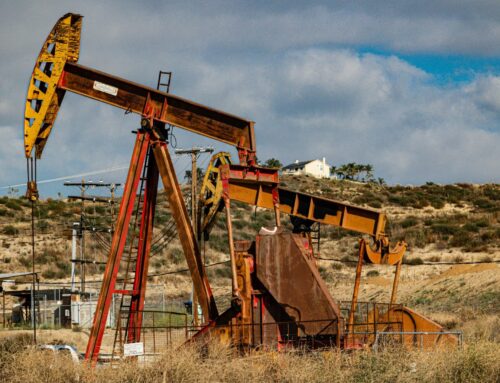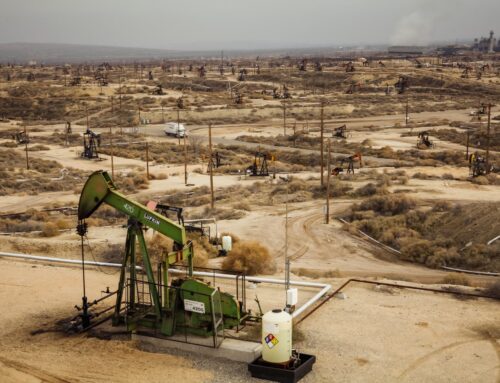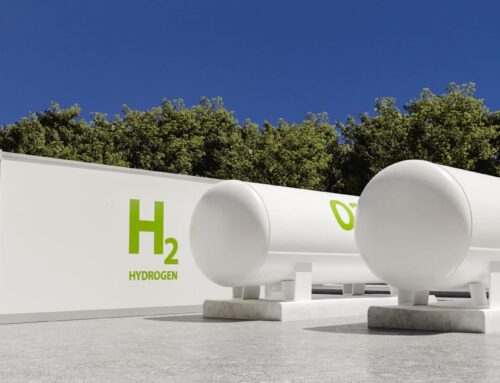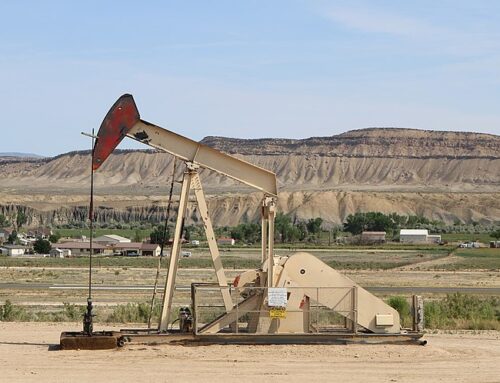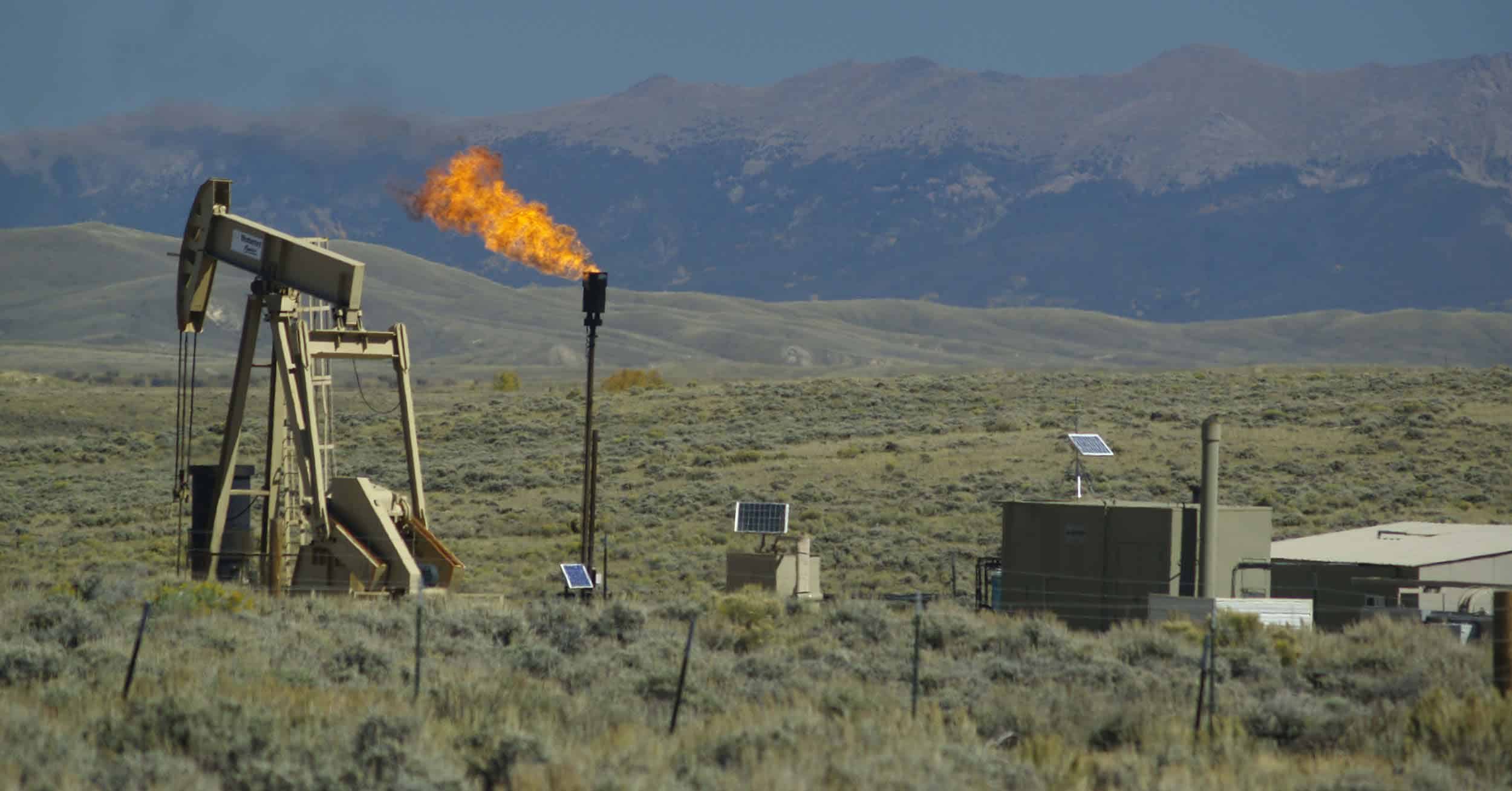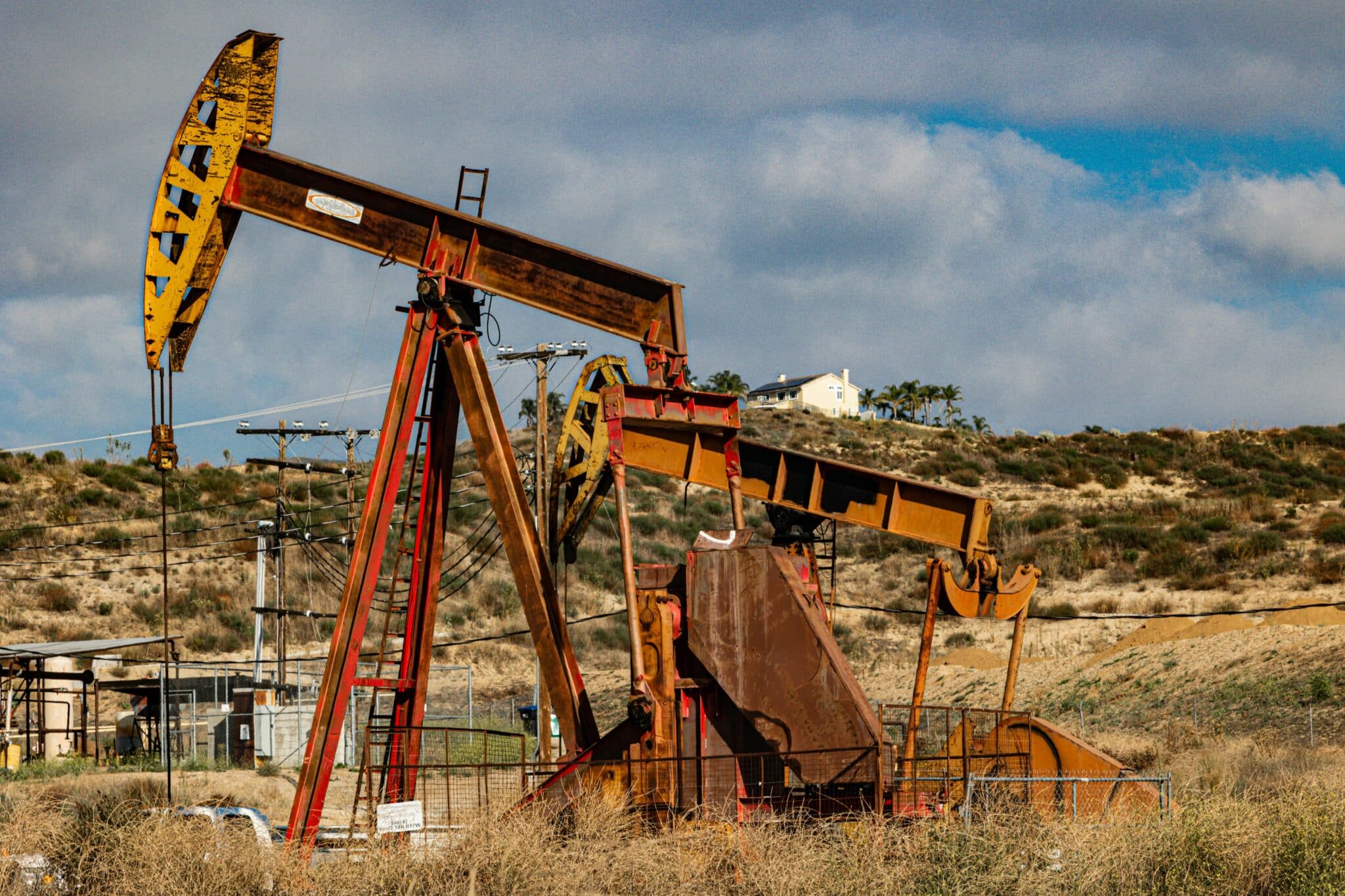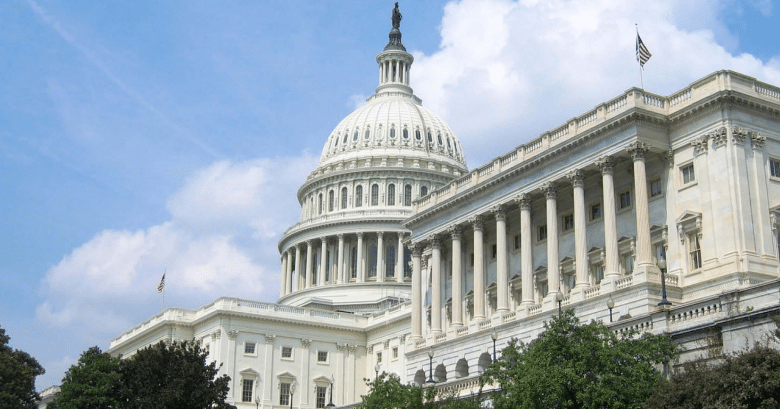Today, the Bureau of Land Management (BLM) released the Waste Prevention, Production Subject to Royalties, and Resource Conservation proposed rule to address wasted natural gas from oil and gas development on federal lands. Methane is the largest component of unprocessed natural gas and is a potent greenhouse gas contributing to climate change.
Statement by Autumn Hanna, Vice President of Taxpayers for Common Sense
"Taxpayers for Common Sense applauds the Bureau of Land Management for taking an important step forward in the fight against methane waste. Rules dating back to the Carter Administration have allowed billions of dollars' worth of natural gas to literally go up in smoke, never reaching consumers and costing taxpayers millions of dollars in lost royalties year after year. Obviously, a lot has changed since the 1970s, but our methane policies have not. Wasting natural gas from federal lands is adding insult to injury for American taxpayers, and it's time for the waste to stop. Any final rule should eliminate or phase out the wasteful practice of routine venting and flaring."
Background
Taxpayers for Common Sense has supported action at the Department of Interior (DOI) to strengthen methane waste rules since our first report on lost gas in 2014. Our research and reporting informed and supported key components of the Methane Waste Prevention Rule published in November 2016. After the 2016 Methane Rule was rescinded, the federal rules governing venting an flaring reverted to vague guidance written in 1979, decades before the fracking boom caused a spike in both gas production and gas waste on federal lands. The Biden Administration announced its plan to relaunch the rulemaking process for methane waste prevention in the Spring 2021 Unified Agenda as well as the updated Unified Agenda. In March, TCS wrote a letter urging the Bureau of Land Management (BLM) to swiftly publish a new proposed rule to curtail the waste of taxpayer-owned natural gas from oil and gas leases on federal lands through a prohibition of routine venting and flaring of associated gas and establishment of a clear standard for imposing royalties on lost gas.
Every year, oil and gas companies waste billions of cubic feet of natural gas extracted from federal lands through the practice of venting (releasing) and flaring (burning off). Venting and flaring is a blatant waste of a valuable resource owned by American taxpayers and is a threat to near- and long-term energy security. Furthermore, methane, the largest component of unprocessed natural gas, is a potent greenhouse gas and contributes to the rising costs of climate change.
In the ten-year period from FY2012 to FY2021, oil and gas operators reported venting, flaring, or losing 300 billion cubic feet (bcf) of natural gas from leases on federal lands, which had an estimated value of $949 million. Much of this gas was lost without incurring a royalty, costing taxpayers at least $76 million in potential royalty revenue over the past decade.
Additional Resources
- Gas Giveaways II: Methane Waste on Federal Lands is Business as Usual: TCS report on the billions of cubic feet of methane that is vented (released), flared (burnt off), and leaked by oil and gas operators on federal lands every year.
- Budget Watchdog, All Federal — Ep. 29: Venting & Flaring: TCS podcast on how methane waste from oil and gas development on federal lands is causing economic damage to all taxpayers – and the climate.
- Letter to the Department of the Interior on Methane Waste Prevention Rule: TCS urges the agency to publish a new proposed rule to curtail the waste of taxpayer-owned natural gas from oil and gas leases on federal lands through a prohibition of routine venting and flaring of associated gas and establishment of a clear standard for imposing royalties on lost gas.
- Methane Waste on Federal Lands: TCS issue brief on current policies that allow producers to vent, flare, and leak large amounts of methane without paying a royalty to federal taxpayers, the owner of the resource.
- TCS Statement on EPA Supplemental Rule to Reduce Methane Emissions in the Oil and Gas Sector: TCS reports on the EPA's supplemental rule that would strengthen and expand standards to reduce methane and volatile organic compound (VOC) emissions in the oil and natural gas sector.

